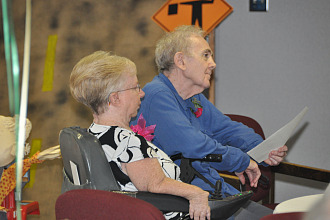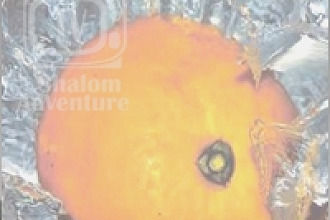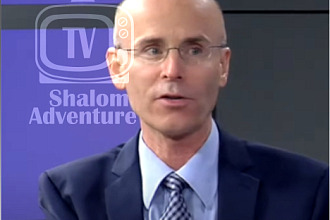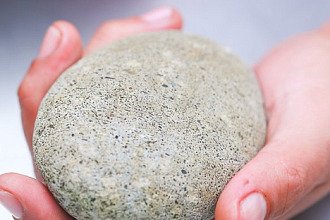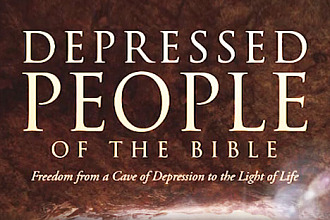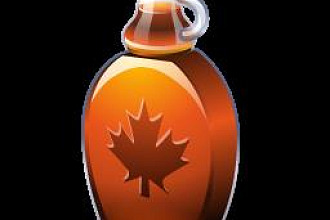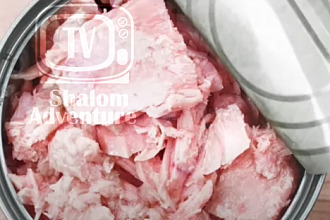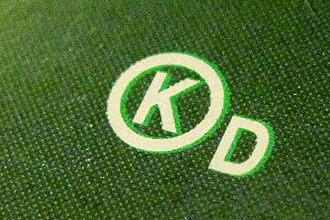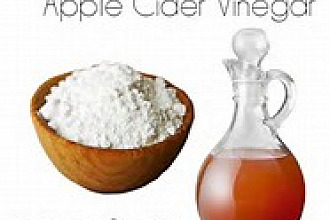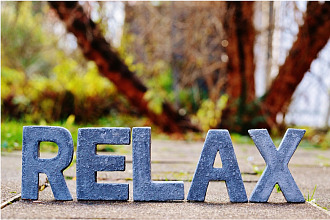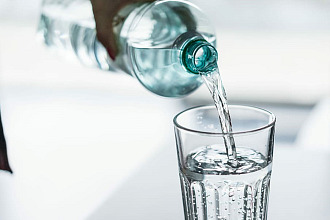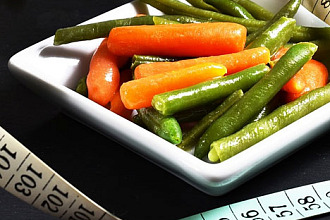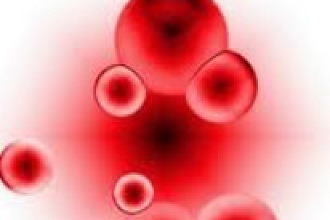Question:
I am 57 and have had three heart attacks in the past five years. Now I have angina when I walk up the two short flights of stairs from my basement. I had an angiogram that says I have a 90 percent blockage of my left coronary artery. My doctor has taken very good care of me, but he has not told me that I should quit smoking or change my diet, other than I should "eat sensibly." He thinks I should go to a large medical center to be evaluated for coronary by-pass surgery. What do you think? I am afraid of the surgery, and have heard that it may be going out of fashion now. Is this true?
Answer:
I would question that your "doctor has taken very good care" of you, if he did not tell you to stop smoking and to change your diet. It is well-known that smoking increases the likelihood of disseminated arterial hardening, getting coronary artery disease, and of having angina. It is also known that diet plays a great part in the risk of getting coronary artery disease. Furthermore, angina has quickly cleared in persons who began using a totally plant based diet without animal products of any kind (meat, milk, eggs, or cheese). It is certainly well worth a trial of two or three months on a simple diet of fruit, vegetables, whole grains, and a few nuts, with no free fats (margarine, mayonnaise, fried foods, salad oils and cooking fats) and no added sugars, such as white table sugar, syrups, honey, molasses, malt or agave.
A program of exercise, increasing in intensity and duration as your condition allows, should be used daily. You should begin by exercising to your present tolerance, if that be one-half block or one block, start with that two or three times daily. Day by day, increase your distance and speed, each time to the point that you are just beginning to get pain. When your chest pain begins, rather than stopping completely, until the pain stops merely slow your walking and see if you can keep moving and have the pain go away. Then pick up your pace to that point just below what causes pain. If pain persists, of course, you should stop entirely until the pain goes away.
With this kind of program, we have had many patients who have been cured of angina permanently, and even after 12 or 14 years they are still completely pain free.
Smoking should be strictly forbidden. It is really a sad commentary on physicians who will not tell their patients positively that they should stop smoking. There is no better time than when the person is suffering from the pain of angina. More and more reports are given annually revealing the ill effects of smoking on health—not only on the heart, but also on cancer risk, peptic ulcers, other digestive problems, breastfeeding, and on and on. Many people would quit smoking if their physicians merely told them that they must do so to stay healthy or to regain health. In fact, physician counsel is the strongest deterrent to smoking that most people have, and is one of the finest services that physicians can perform for their smoking patients. In one study, ten heavy smokers who had typical angina were exercised until they developed the first signs of pain. Every patient developed angina sooner if he had smoked prior to the exercise. Smoking may reduce the ability to exercise by as much as 24 percent.
You may know that chilling and cold weather often increase the likelihood of getting an attack of angina. You should be careful to keep the extremities warmly clothed to prevent from congesting the heart and reducing its. A cold wind blowing into the face may cause an attack of angina. Cold drinks should also be avoided for the same reason.
The weight should be brought down to normal. One of the best ways to do that is to avoid "free" fats—these are visible fats which are added to foods whether in manufacturing (read labels) or in the home.
We have had angina patients treated this way who became able to walk seven or eight miles without shortness of breath or pain and to climb 200 feet up a steep mountain with no symptoms of anginaFor more information contact:
- Uchee Pines Lifestyle Center
- 30 Uchee Pines Road #75
- Seale, Alabama 36875
- Tel. 334-855-4764
- www.ucheepines.org



